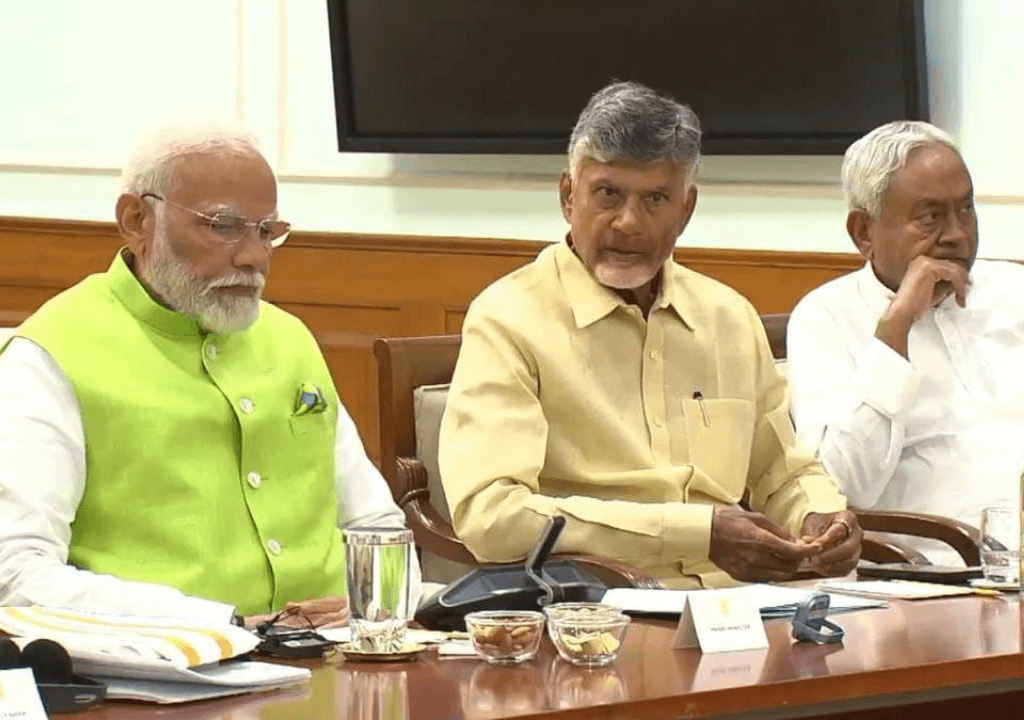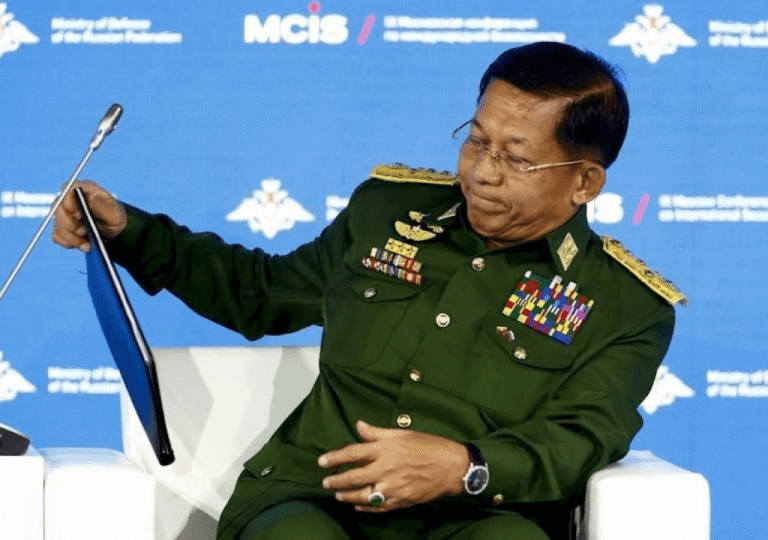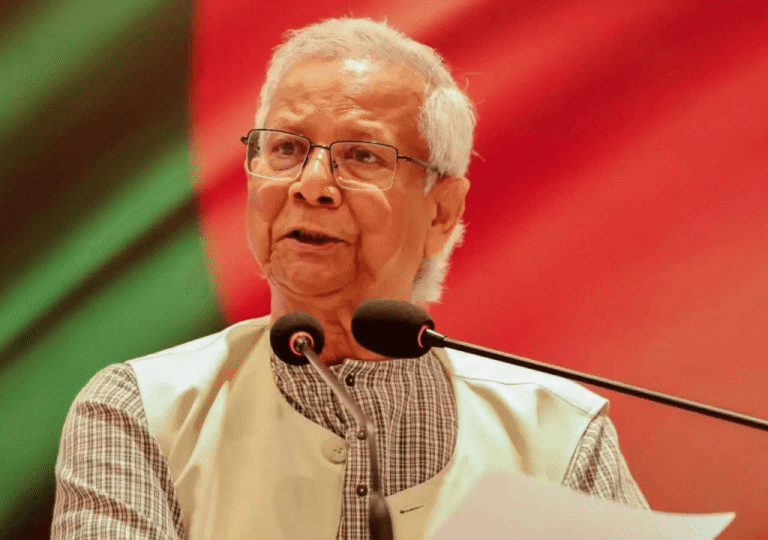We love you, Modi. We need you, but we will not provide you with excessive power. This is the exact outcome of the Indian general election 2024. Narendra Modi, India’s Prime Minister, who was seeking a third consecutive term, failed to capture a majority single-handedly as he did in the previous two elections and is now forced to collaborate with allies. As per the latest report, it is certain that Modi’s Bharatiya Janata Party-led NDA will clinch power with 300 MPs, including independents who won in the election. However, the election results are contrary to celebrated predictions, which gave Modi a single-handed majority of 300 MPs out of 543. Many believe this unexpected election result is part of voters concern that securing a continuous mandate in favor of Modi could lead to authoritarianism and push him towards the collapse of the republic founded in 1950, ultimately leading to a Hindu nation.
There were reported instances of authoritarianism and threats to the secular Indian republic during Modi’s second tenure and even during the campaign for this general election. Opposition figures who were reluctant to join BJP were punished by detective agencies, and the main opposition party, Indian National Congress, had its funds frozen at a time when they were in dire need. Additionally, all media, business tycoons, and movie stars aligned with the BJP, and the campaigns often turned into hate campaigns. Modi’s campaign highly idolized himself with slogans like ”Modi ki Guarantee” and he frequently boasted that he would win 400 seats while the opposition would not even cross 50. However, something different happened, as the election results proved.
Modi’s Bharatiya Janata Party can form a government, no doubts about it. BJP won 240 seats out of 543. No one is nearer, and the main opposition party Indian National Congress collected only 99 seats. There is no need to compare these two parties to determine the winner by tally. But Modi faces humiliation in India’s social media space because he alone couldn’t reach the 272 mark, the majority. Social media finds it amusing with the amount of money they used, the machinery they deployed, and all the tactics to tackle opposition chances. BJP still didn’t get the result they expected, and now they are relying on other parties. They are no longer invincible in India.
People appreciate Modi’s charisma and Indians admire his leadership. However, it’s crucial to acknowledge that they may not fully endorse all of Modi’s unilateral actions; they prioritize safeguarding the constitution and halting authoritarian tendencies. Now, the BJP must broaden its alliances and foster more discussions among its allies and opposition, a departure from the previous term. Despite Modi’s assurance of continuing with allies, it remains to be seen how long he can sustain a united front. Modi previously ruled single-handedly, establishing his own brand by marginalizing other ministers and exercising control over every ministry. Going forward, this will not be feasible as they will have allies with differing interests. Modi can move forward, with parties like the Telugu Desam Party and Janata Dal United ready to join the BJP in a possible BJP-led NDA government. However, they may not fully support Modi’s policies and the BJP’s foundation agendas, which lean towards Hindu nationalism. Consequently, Modi faces constraints.
The performance of opposition parties deserves applause, even though they failed to displace Modi. The Indian National Congress, which won 99 seats this time, doesn’t need to plead with the BJP for the official opposition leader post, which wasn’t granted in the previous two instances. The election results also favored the alliance led by the Indian National Congress, marking a resurgence for its leader Rahul Gandhi, who traveled across India to regain lost ground, although his leadership was previously questioned. The Samajwadi Party, the third-largest party in the election results, caused a major upset by breaking the BJP’s fortress in Uttar Pradesh and reducing seats for the Bharatiya Janata Party, securing 37 seats. Other parties in the opposition alliance, such as the Trinamool Congress and Dravida Munnetra Kazhagam, also performed well but fell short of toppling Modi’s dominance. However, the election results will undoubtedly boost the opposition alliance and parties, enabling them to raise issues like unemployment more prominently in the public sphere. It is expected that Indian media will finally allocate screen time to opposition parties as well.
Indian democracy, frequently criticized by the West and seen as a bad example for democracy. But the election results show how Indians value their democracy and how they make decisions to safeguard the republic each time. Even though they did not punish Modi like they did with the previous autocracy wisher, Indira Gandhi, by giving all the mandate to the opposition bloc, they sent a strong message to Modi that the republic will be preserved. The possible next government by Modi will likely emphasize development programs instead of pushing Hindu agendas. For Modi, it’s time to review his actions and correct them; he has acted more like a king than a Prime Minister. So, the election results are good for Modi, good for the Opposition, and good for the republic.








